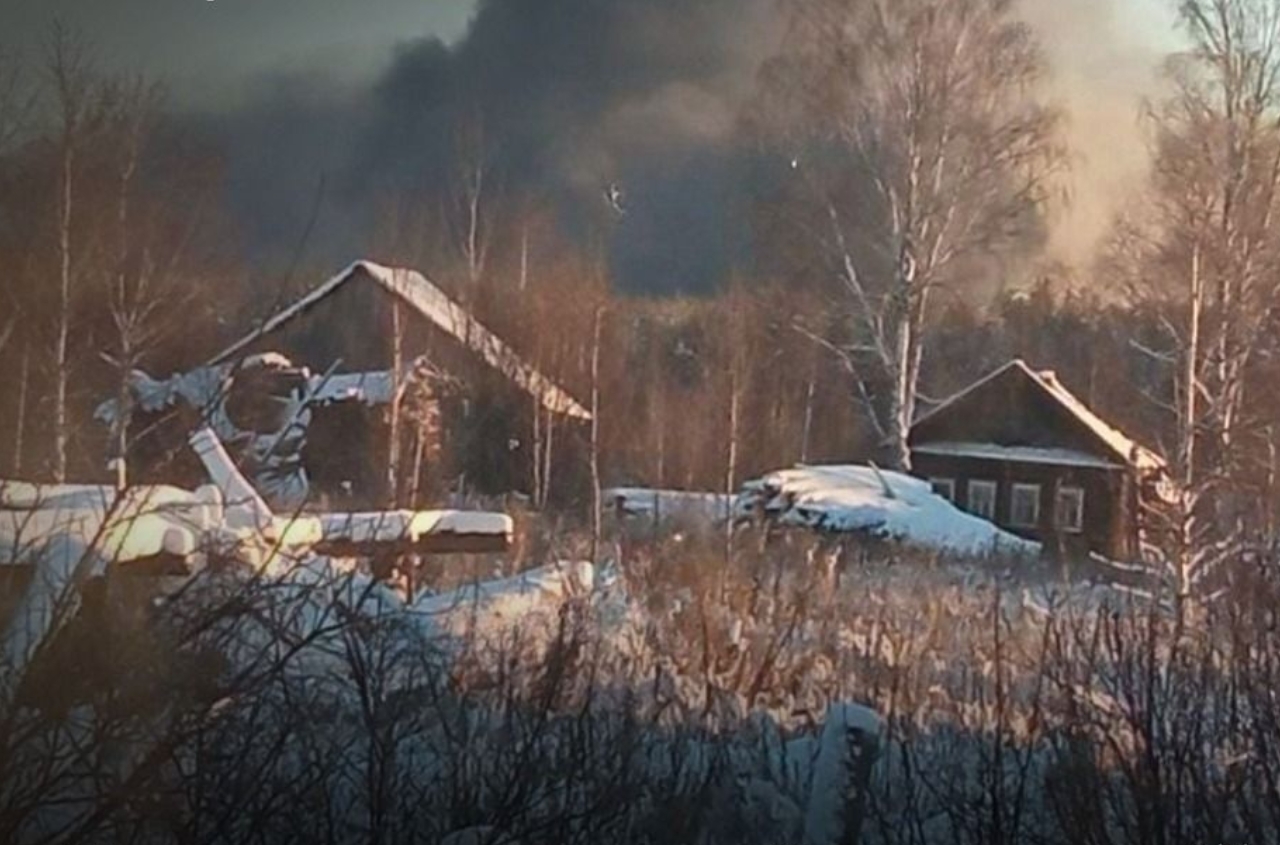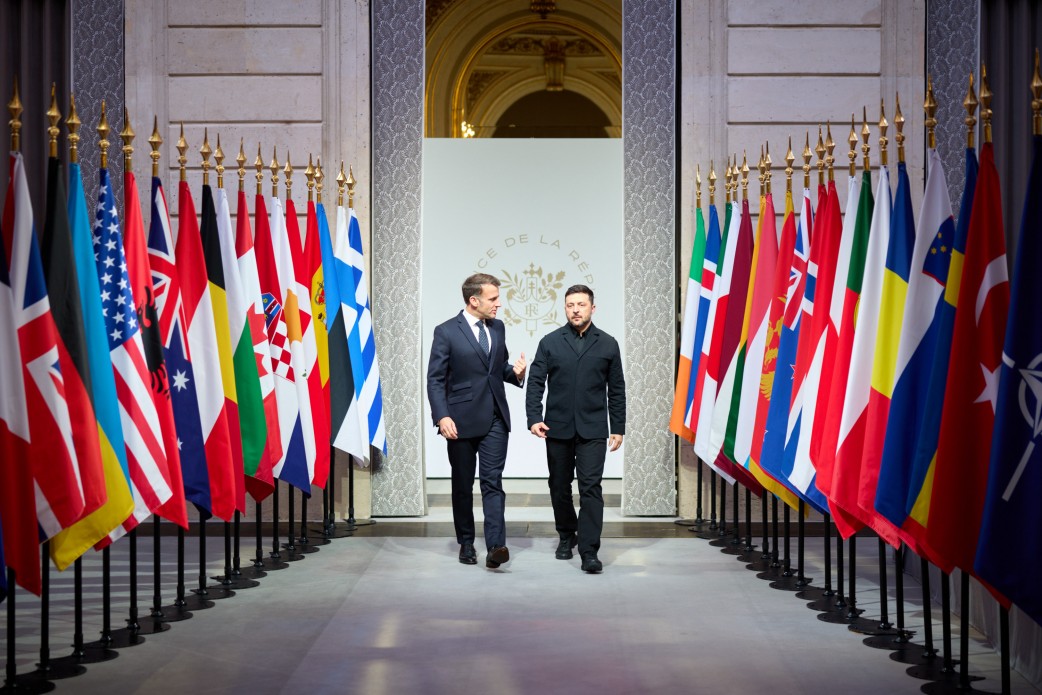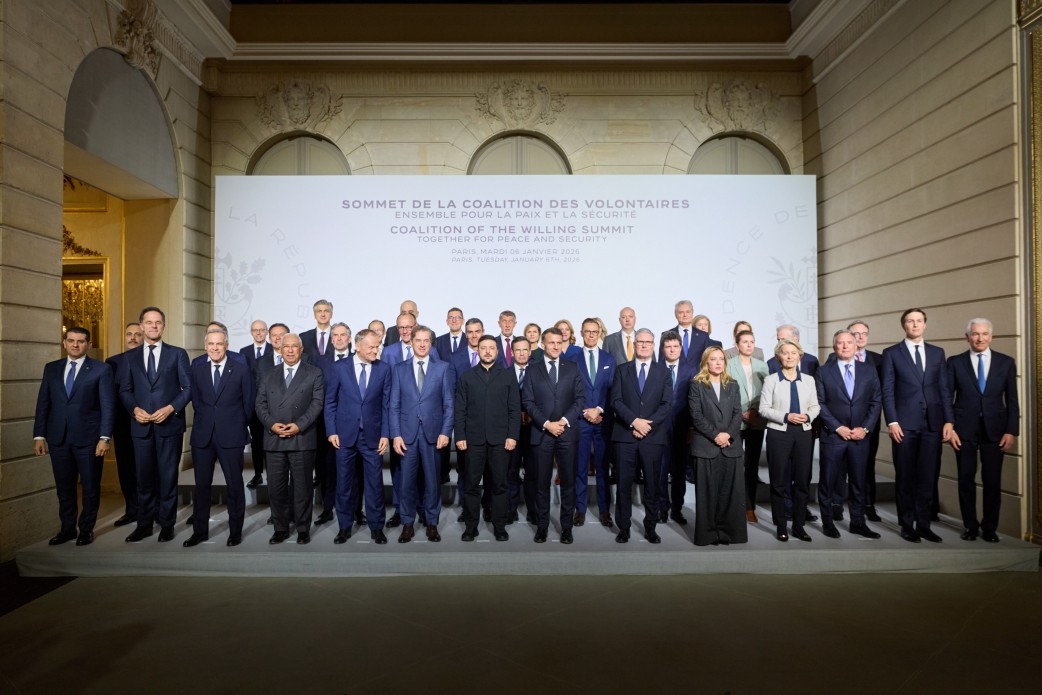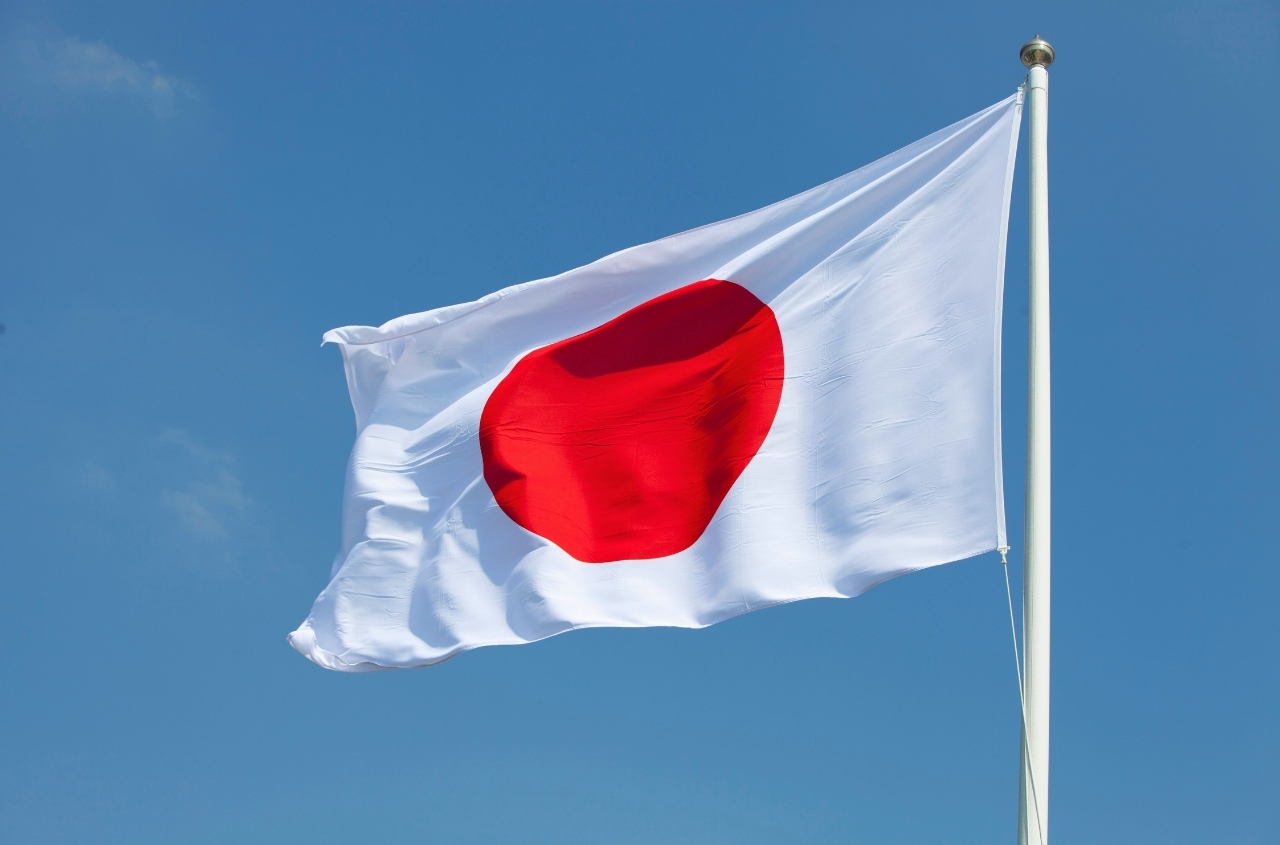"Many people think that war is only where there are explosions, planes flying, and missiles falling – the traditional military actions. However, that is not true when it comes to information and psychological warfare." Aleksey Arestovich, the ex-adviser to the head of the President's Office, told about this in a conversation with Russian human rights activist and journalist Mark Feygin.
"In fact, this form of warfare is even more critical than all others. It is a type of warfare that is heavier on the psychological battlefield but holds even greater importance. Especially when it involves the participation of presidents from two countries, or one person claiming to be a president while there is another legitimate president. In this case, it is between Russia and Belarus. This becomes a strategic operation conducted against the West as a whole.
When an operation is carried out against the entire West, it is not just a simple war; it becomes a war at a strategic level. It has a direct link to events happening in Africa, and everything is interconnected. Strikes on infrastructure and the destruction of grain are also part of this operation. They move the world's decision-making centers towards trading with them for Russian wheat, since Ukrainian wheat cannot be supplied, and this gives them leverage to influence.
By using the Wagner Group and other tools, and with their long-established connections in Africa, they managed to outmaneuver the French in Niger.
Furthermore, all these leaders and puppet regimes in Africa have become much stronger, and this is a direct result of the actions of the Kremlin and Lukashenko, who travels to Africa, including Zimbabwe. They attack NATO's borders and Poland, launching missiles towards Izmail, which is located only 300 meters from Romanian territory.
All of these are elements of pressure on the West. The West reacts proactively to this issue – first, there is the Kremlin's activity, and then the West tries to respond, but often slowly, relying on collective decision-making principles. This creates the impression, for a period of time, that the Kremlin has come up with something that allows it to dominate the West while the West is supposedly weak and indecisive. There is some truth to this perception.
And it is through operations like these that this idea is reinforced and propagated in public opinion. They aim to make some people think, "Russia is so aggressive, but they keep finding ways to keep the war going. The West is slow and seems to dislike Ukraine. It's unclear how this will end. Let's surrender or at least seek peace." This is the backdrop that exists today.
Notice that ideas about seeking immediate peace come from various Western figures, like Kissinger, for instance.
Therefore, these operations aim to change public opinion and influence decision-makers under the pressure of the prevailing psychological situation, which is saturated with information. That's the goal of such operations.
Information operations can be localized, targeting just one village or a three-kilometer stretch of the front line, for example, by distributing leaflets and such. But they can also operate at a strategic level, encompassing entire regions or half of a country."





















